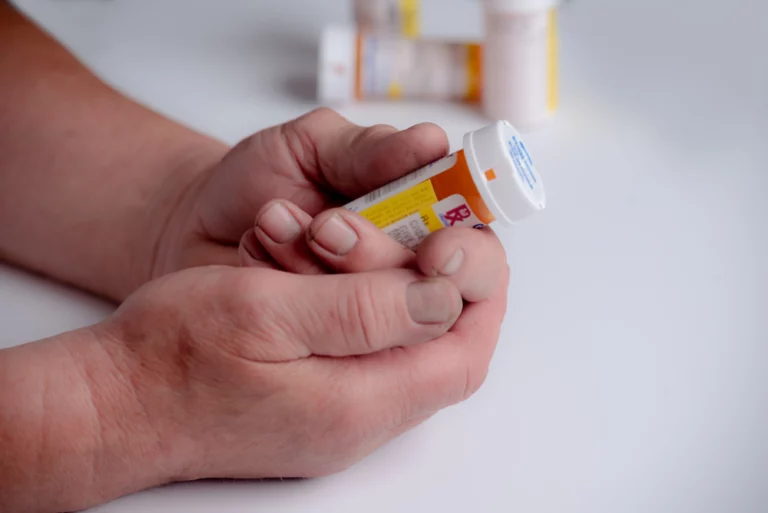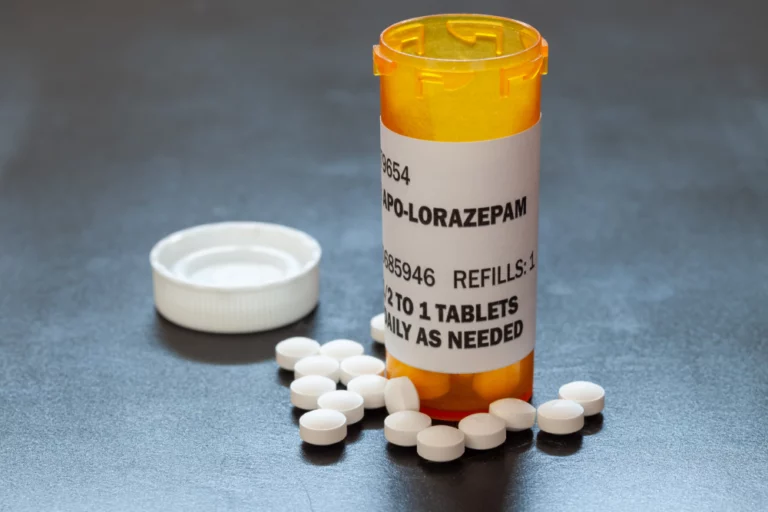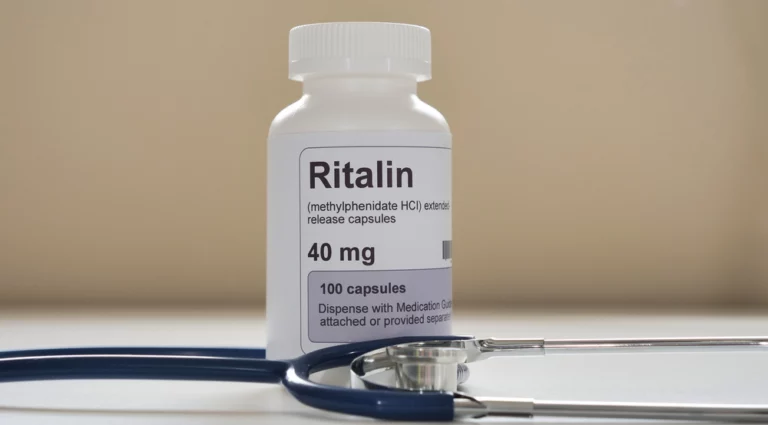Alcohol addiction vs alcohol dependence: what is the big difference? These terms are commonly used interchangeably, but they aren’t the same thing. It’s important to recognize the difference between alcohol addiction and alcohol dependence since they may result in different repercussions and require different treatments. If you or a loved one has alcoholism, you should seek treatment immediately. We discuss the differences between alcohol abuse and alcohol dependence in addition to how to deal with them in this article.
What is Alcohol Dependence?
A person with alcohol dependence has developed a physical dependence on alcohol and has become tolerant to it. Alcohol withdrawal syndrome is a condition in which a person dependent on alcohol experiences symptoms such as shakiness and anxiety when they stop drinking or cut down. Delirium tremens (DT) is a condition characterized by confusion, rapid heartbeat, and fever, and it is associated with a mortality rate of between 1% and 5%. Heavy drinkers with alcohol dependence who seek medical help to quit drinking should be handled with care, as withdrawal syndrome may be dangerous.
What is Alcohol Addiction?
Alcohol addiction is a primary condition that results when a person is unable to stop consuming alcohol despite experiencing negative effects. Symptoms of alcohol addiction include uncontrollable urges to consume alcohol, exceeding self-imposed limits on consumption, continued consumption despite physical, psychological, and social harm, and an inability to quit once started. In addition, dependence on alcohol may be indicated by tolerance and withdrawal symptoms. When a person has an alcohol addiction, they require more and more alcohol to achieve the same effects, and withdrawal symptoms may appear if they don’t consume alcohol. These indicators point to an alcohol physical dependence.
Alcohol Addiction vs. Alcohol Dependence
It is possible to be addicted to a substance without being physically dependent on it. In these cases, the addiction is psychological, and even though the body does not require the substance, and would benefit from avoiding it—the brain is persuaded otherwise and will go to any length to secure its next hit. For example, process addictions, such as sex and gambling addictions are very common—but they do not result in physical dependence on substances.
In some circumstances, physical dependence on a drug, particularly a prescription drug, may be defined by developing tolerance and experiencing withdrawal without the uncontrollable cravings and other maladaptive behaviors associated with addiction. With alcohol, dependence is always related to addiction, but in some cases, physical dependence may occur without uncontrollable cravings and other maladaptive behaviors.
Signs of Alcohol Addiction
Even though your body does not require an alcoholic beverage, your brain will continue to insist on it, forcing you to satisfy your next fix. At this level of addiction, it’s comparable to process addictions such as gambling and sexual addiction, even though no physical addiction to the substance occurs. A signal addiction is a type of alcoholism at this level. If you suffer from alcoholism, you will experience the following symptoms:
- Inability to stop drinking once started
- Neglecting responsibilities
- Change in appearance
- Making excuses to drink
- Drinking in secret
- Irritability
- Continuing to drink despite negative consequences
Signs of Alcohol Dependence
As your alcohol addiction intensifies, you may develop a tolerance or experience adverse withdrawal symptoms if you stop using alcohol. This suggests you will require more and more alcohol to achieve the same level of intoxication as before. If you feel like you can’t function without a drink in hand or if you drink at unusual times of the day, you might be alcohol dependent. The following are symptoms of alcohol dependence:
- Drinking more than you planned
- Experiencing withdrawal symptoms when not drinking
- Increasing tolerance
- Financial difficulty
- Legal trouble
- Experiencing frequent blackouts
- Unable to quit
- Suffer professional or personal loses
- Getting tremors or “the shakes” when not drinking
Alcohol Withdrawals
When you consume alcohol excessively for weeks, months, or years, you may experience both mental and physical difficulties if you subsequently reduced your consumption or quit drinking entirely. This condition is known as alcohol withdrawal. The symptoms may range from mild to severe and include the following symptoms:
6 Hours After Your Last Drink
- Shaky hands
- Anxiety
- Nausea
- Headache
- Insomnia
- Sweating
- Vomiting
12-48 Hours After Last Drink
Hallucinations and seizures are two of the most serious problems that may arise in this timeframe, starting about 12-24 hours after you stop drinking. You may see, feel, or hear things that aren’t there.
2-3 Days After Your Last Drink
Vivid hallucinations and delusions are the hallmark symptoms of delirium tremens, also known as DTs. These symptoms usually develop during this period of withdrawal. Only 5% of those with alcohol withdrawal have them. Those who do may also present symptoms such as:
- Racing heart
- Confusion
- Fever
- High blood pressure
- Heavy sweating
Dangers of Untreated Alcoholism
Long-term health issues associated with chronic alcohol consumption consist of heart, liver, and gastrointestinal problems, cancer, lowered immune function, sleep and mood issues, and other mental health issues such as depression and anxiety. Without the proper alcohol addiction treatment, alcohol consumption can likely become fatal. Those who consume more heavily are at higher risk for adverse effects which include, but are not limited to, the following:
Effects on the Brain
Alcohol has immediate consequences on the brain. Memory impairment and coordination issues are just some of the short-term complications caused by alcohol consumption. Prolonged and excessive alcohol consumption may disrupt the brain’s function and structure. The limbic system, the cerebellum, and the cerebral cortex are all damaged by alcohol consumption. Those areas of the brain are responsible for the body’s communication pathways. When the cerebellum is damaged, your motor skills will be hampered as well as your balance and memory. Because of the damage to this part of the brain, you are more likely to have memory and emotional responses problems.
Long-term, excessive alcohol consumption can cause thiamine deficiency resulting in Wernicke-Korsakoff Syndrome (WKS), also known as “wet brain.” This condition may result in long-term mental confusion, eye movement problems, difficulty walking, and learning and memory issues.
Effects on the Heart
Drinking a large quantity of alcohol over a lenghty period of time can negatively impact the heart, reducing the amount of oxygen and nutrients that get to other important organs in the body. Alcohol consumption may also increase your triglyceride levels – a type of fat present in your blood. High triglyceride levels can lead to serious health problems such as heart disease and diabetes. Some cardiovascular problems, such as high blood pressure and an irregular heartbeat, may develop from the early stages. Cardiomyopathy, stroke, and sudden cardiac death are some of the long-term repercussions of excessive drinking.
Effects on the Liver
Heavy drinkers are susceptible to harmful, deadly liver problems. Your liver processes and removes alcohol from your blood when you consume it. In a short amount of time, too much alcohol overloads the metabolism process and results in fatty liver. Fatty liver is a chronic condition characterized by the accumulation of bad fats in the liver. It is a result of obesity as well as liver failure and type 2 diabetes. Alcoholic hepatitis, fibrosis, and cirrhosis are other severe liver problems linked to long-term and excessive alcohol consumption. These conditions require proper medical testing and a meticulous treatment program.
Effects on the Pancreas
The pancreas is involved in blood sugar regulation, which is an important component of your digestive system. The pancreas is a critical component of the digestive process that regulates your body’s blood sugar levels. Unfortunately, pancreatic conditions such as pancreatitis and pancreatic cancer are often undetected in the early stages. Long-term alcohol consumption can damage the pancreas and cause lifelong health problems.
It can also cause blood vessels surrounding the pancreas to swell, thereby causing pancreatitis. This increases the risk of developing pancreatic cancer, a kind of cancer that spreads rapidly and is very lethal. A pancreas attack may be triggered by abdominal pain, diarrhea, nausea, a rapid pulse, and fever. While medications and other treatment approaches can help manage the consequences of pancreatitis, it is challenging to reverse the condition.
Alcohol Addiction Treatment in Knoxville, Tennessee
Someone who has an alcohol addiction or alcohol dependence can quickly become sidetracked from their goals and dreams for the future. You don’t have to lose hope and continue down the path of destruction, even if you are in a hurry. Across the country, there are specialized alcohol treatment programs, like the Knoxville Recovery Centre, that help millions of individuals overcome addiction each year.
Each client at Knoxville Recovery Center is provided with an individualized treatment plan in order to dispel the darkness of their illness and help them become active participants in society. In addition to master’s degree counseling and other holistic approaches, clients are counseled individually and in groups. We can help you leave your alcohol addiction behind for good.
At Knoxville Recovery Center, we offer comprehensive programs and services to help you recover from your addiction and once again look forward to a bright future. Please contact us as soon as possible so that we may assist you in recovering for good. We are here for you.











